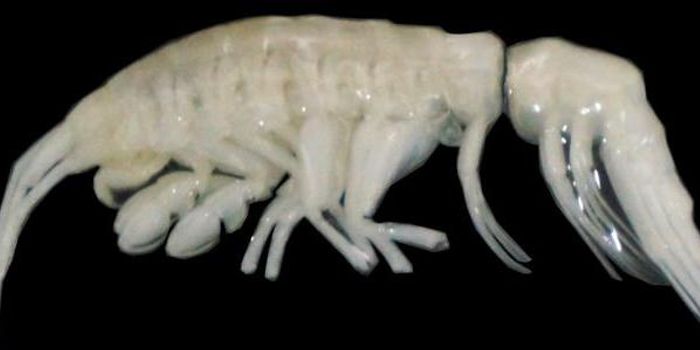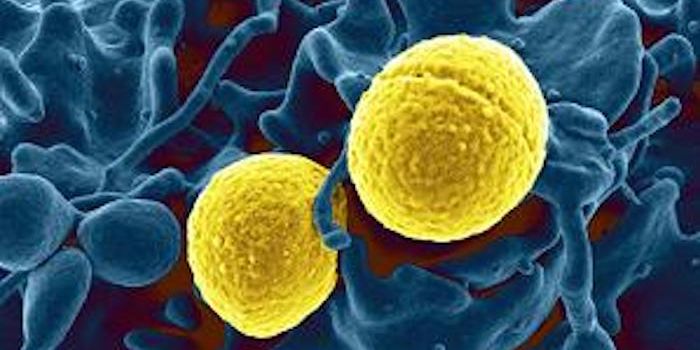Hens Engineered to Generate Human Proteins in Their Eggs
Chicken eggs have been used for over 70 years to produce vaccines. Now researchers have used genetically modified chickens to generate large amounts of human proteins in their eggs. This research could offer a cost-effective way to make certain protein-based drugs. Such drugs include recombinant human insulin and cancer therapeutics as well as many other different types, including monoclonal antibodies and cytokines. Some of these drugs are very expensive, and this work could help change that.
It’s been shown that genetically modified animals like chickens and goats can produce these types of therapeutics in the eggs or milk they make. Researchers have now successfully generated high levels of two specific proteins in chicken eggs. The protein could then be easily purified from the eggs, making them ideal bioreactors. The chickens used in this work did not have any health problems, the researchers said, and they laid eggs normally. The work has been reported in BMC Biotechnology and is briefly outlined in the video.
"We are excited to develop this technology to its full potential, not just for human therapeutics in the future but also in the fields of research and animal health,” said Dr. Lissa Herron, the Head of the Avian Biopharming Business Unit at Roslin Technologies. This study was conducted at the Roslin Institute of the University of Edinburgh and Roslin Technologies, a company that aims to bring research from The Roslin Institute to the market.
For this proof-of-concept study, the team focused on two proteins that play important roles in the immune system, and have the potential to be used as therapeutics. The first was the human cytokine interferon α2a, which could be useful in the treatment of cancer and viral diseases; the other was the human and pig macrophage-CSF protein, which is now being investigated as a way to induce repair in damaged tissues. The protein production was specific to the oviduct, so the protein only appeared in the egg white.
Only three eggs were needed to produce enough drug for a clinically relevant dose. The average chicken can lay around 300 eggs a year, so this could be a much better way to make some crucial drugs.
This drugs in this work have not yet been tested in people, however.
"We are not yet producing medicines for people, but this study shows that chickens are commercially viable for producing proteins suitable for drug discovery studies and other applications in biotechnology,” explained Professor Helen Sang, of the University of Edinburgh's Roslin Institute.
"These recent findings provide a promising proof of concept for future drug discovery and potential for developing more economical protein-based drugs,” added Dr. Ceri Lyn-Adams, Head of Science Strategy, Bioscience for Health with BBSRC, said:
Sources: Science Daily via University of Edinburgh, CDC, Veterinary Immunology and Immunopathology, BMC Biotechnology









